Rwandan Coffee: Everything you need to know (2024) + 4 Rwandan coffee picks!
Rwandan Coffee: Everything You Need to Know
Rwandan coffee is gaining recognition for its exceptional quality and unique flavour profiles, making it a standout choice for coffee enthusiasts. If you’re eager to learn more about what sets Rwandan coffee apart from other origins, you’re in the right place. This guide covers everything you need to know about Rwandan coffee, including its distinctive characteristics, growing regions, processing methods, and common tasting notes.
Why Rwandan Coffee Is Exceptional
Rwandan coffee is celebrated for its bright acidity, vibrant fruit flavours, and delightful floral undertones. The country’s high-altitude regions and volcanic soils contribute to the coffee’s remarkable profile. Rwandan coffee has been garnering international acclaim for its complexity and depth, making it a sought-after choice in the global coffee market.
Key Coffee-Growing Regions in Rwanda
-
Western Province (Lake Kivu Region): Known for its fertile volcanic soils and high altitudes, this area produces coffee with rich, fruity flavours and a balanced acidity. The lush environment around Lake Kivu imparts a unique and memorable character to the coffee.
-
Northern Province (Rulindo and Musanze): This high-elevation region enjoys a cool climate, resulting in coffee with bright acidity and a clean, crisp finish. Expect vibrant citrus and berry notes from this area’s beans.
-
Southern Province (Gikongoro and Nyamagabe): The rich soils and ideal climate conditions in this region yield coffee with a full body and complex flavours, including chocolate and caramel undertones.
Processing Methods for Rwandan Coffee
Rwanda utilises both washed and natural processing methods, which significantly influence the coffee’s flavour profile. The washed process enhances the coffee’s clarity and brightness, highlighting its fruity and floral notes. Conversely, the natural process imparts a fuller body and intensified fruitiness, providing a different but equally delightful taste experience.
Sustainability and Quality in Rwandan Coffee Production
Rwanda is committed to sustainable coffee production, focusing on quality improvement and supporting local farmers. Investments in modern processing facilities and farmer training programs ensure that Rwandan coffee meets the highest standards. This dedication to sustainability helps preserve the environment and support the livelihoods of coffee-growing communities.
Tasting Notes for Rwandan Coffee
Rwandan coffee is known for its bright acidity and complex flavour profile. Expect vibrant notes of berry and citrus, complemented by floral hints and a clean, crisp finish. The coffee’s rich body and well-balanced acidity make it a favourite among coffee aficionados seeking a dynamic and flavourful cup.

Top 4 Rwandan coffees in the UK 2024:
1. Horsham Coffee roasters
Location: Hampshire, Horsham
Coffee Name: Bwishaza
Tastes Like: Orange, Caramel, Black Tea
Process: Washed
Roast Level: Medium
Horsham coffees from Rwanda are directly traded with producers and we are able to offer full transparency and detailed information on these coffees. For more information on how we source coffees take a look at our Transparency Report.
Coffee is delivered daily during the harvest period (February to June) by small-hold farmers. Usually, they deliver anything between 10 and 100kg depending on the size of their farm.
After delivery coffee is floated in water. Defects tend to float and the good quality cherry will sink. After flotation coffee is pulped to remove the fruit and then fermented dry in tanks for about 12 hrs
After fermentation, the coffee is washed and graded in channels to remove mucilage and to separate coffee by density. It is then moved to raised tables to dry.
2. Rounton Coffee
Location: Yorkshire
Coffee Name: Rwamatamu
Tastes Like: Peach, Honey, Brown Sugar
Process: Washed
Roast Level: Medium
3. Winchester Coffee Roasters
Location: Winchester
Coffee Name: Karambi Mountains
Tastes Like: Red Apple, Blackberry, Maple Syrup
Process: Washed
Roast Level: Medium
Just a few miles inland from Kirambo at the edge of Lake Kivu, is the Karambi washing station, named after the nearby village and surrounding sector. Tucked onto steep and largely inaccessible slopes, the site is just over an area of 2.5 hectares. Station manager Anton and accountant Claude greeted us on a hot and humid day. The air was thick with moisture after the rains of the night before. Geckos skittered across rocks on the walk to the site, and the helicopter thrum of a locust taking off nearby filled the air.
Karambi was established in 2016 and RTC took ownership the following year. 4 staff are employed full time with the addition of 60 further staff during the harvest, of whom 90% are women. 1500 farmers contribute cherry to the station and all have successfully participated in RTC’s training program. Since 2017, annual production has doubled from 220 tons of cherry processed to an expected 400+ this year. At the time of our visit at the end of May 2022, the station was on 292 tons processed. The farms surrounding Karambi are all within 3 kilometres of the station, located on steep slopes. On average farms are 4 hectare in size, with approximately 8000 trees per farm.
4. Bean Coffee
Location: Liverpool
Coffee Name: Rwanda Kinini
Tastes Like: Blueberry, Chocolate, Mango
Process: Washed
Roast Level: Medium
This natural processed coffee from the northern province of Rwanda is a flavour bomb, with delicious fruity flavours of blueberry and mango.
The coffee is selected and brought from various small holders in the Rusiga & Mbogo regions to the Kinini washing station. Here it is separated from other lots to be spread out and dried for 48 days on raised beds.
Jacquie and Malcom are the founders of Kinini Coffee. Jacquie's parents were from the Musenyi village, and Jacquie wanted to help the situation there around deprivation, lack of schooling and basic medicine. Malcolm is from the UK, but met Jacquie through Jacquie's late husband. He helped Jacquie's plan to build new beginnings come to fruition with various fundraising and events to get it off the ground.
Rwandan coffee FAQ:
1. What makes Rwandan coffee unique?
Rwandan coffee is renowned for its bright acidity, vibrant fruit flavors, and floral undertones. The country's high-altitude regions and fertile volcanic soils contribute to its distinctive profile, producing coffee with a complex and dynamic flavor. The careful processing methods and sustainable practices employed in Rwanda further enhance the coffee's unique characteristics.
2. What are the main coffee-growing regions in Rwanda?
Rwanda's primary coffee-growing regions include the Western Province (Lake Kivu Region), the Northern Province (Rulindo and Musanze), and Southern Province (Gikongoro and Nyamagabe).
3. How is Rwandan coffee processed?
Rwandan coffee is processed using both washed and natural methods.
4. What are the typical tasting notes of Rwandan coffee?
Rwandan coffee typically features bright acidity with vibrant fruit flavors such as berry and citrus. You may also detect floral hints and a clean, crisp finish. The coffee’s rich body and balanced acidity make it appealing to those who enjoy a complex and flavorful cup.
5. How does Rwandan coffee support sustainability and local farmers?
Rwanda is committed to sustainable coffee production practices. The country invests in modern processing facilities and provides training programs for local farmers to improve coffee quality. These efforts help preserve the environment and enhance the livelihoods of coffee-growing communities, ensuring that coffee production is both environmentally friendly and economically beneficial.
6. Where can I buy Rwandan coffee?
Rwandan coffee is a popular coffee region for specialty coffee roasters due to its unique characteristics and you can buy Rwandan coffee online from a variety of specialty coffee roasters.
Rwandan coffee offers a unique and flavourful experience that showcases the country’s commitment to quality and sustainability. Whether you’re savouring a cup from Rwanda’s highlands or exploring its rich taste profiles, Rwandan coffee provides an exceptional journey through one of Africa’s most exciting coffee regions.
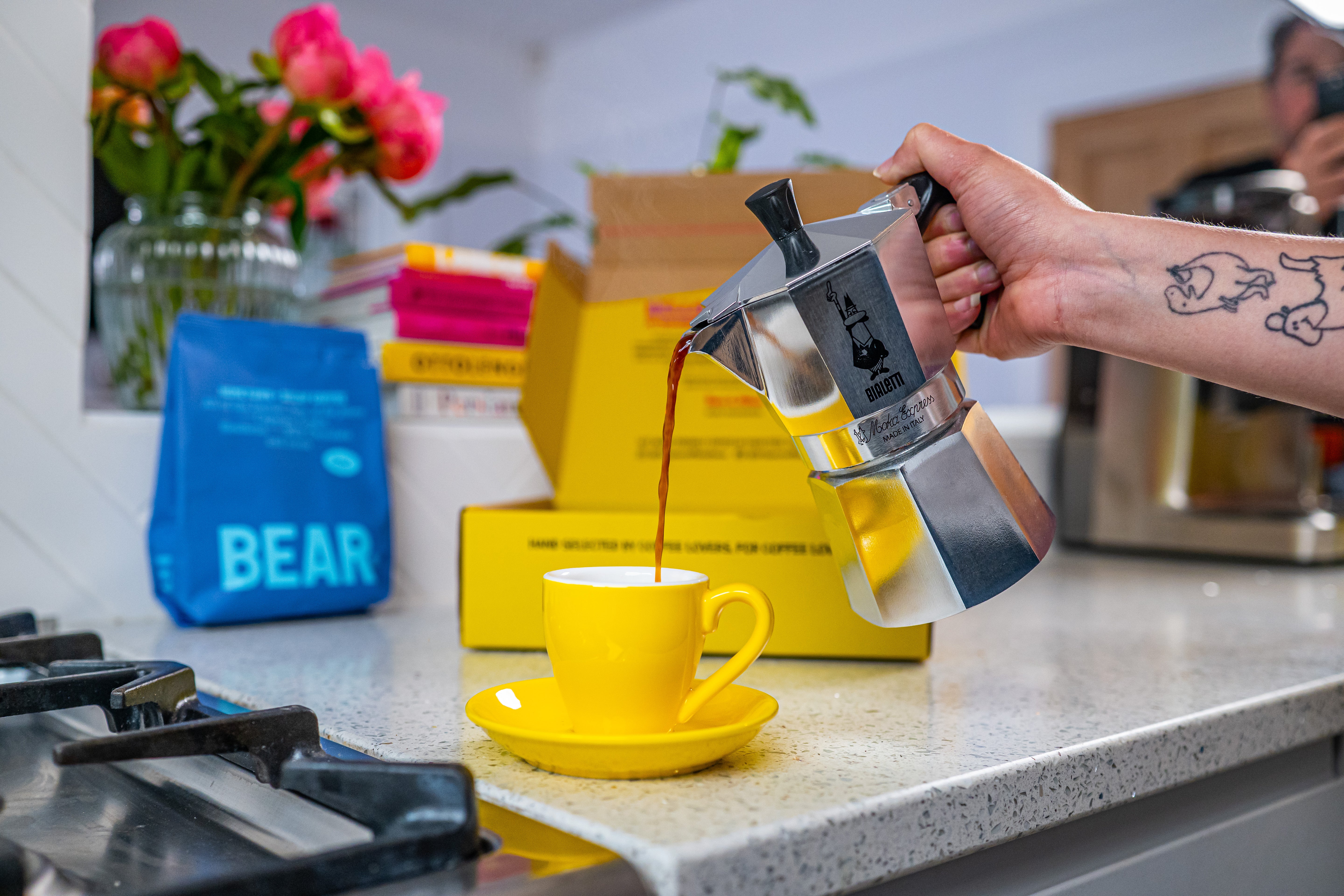
MONTHLY COFFEE DELIVERED TO YOUR DOOR
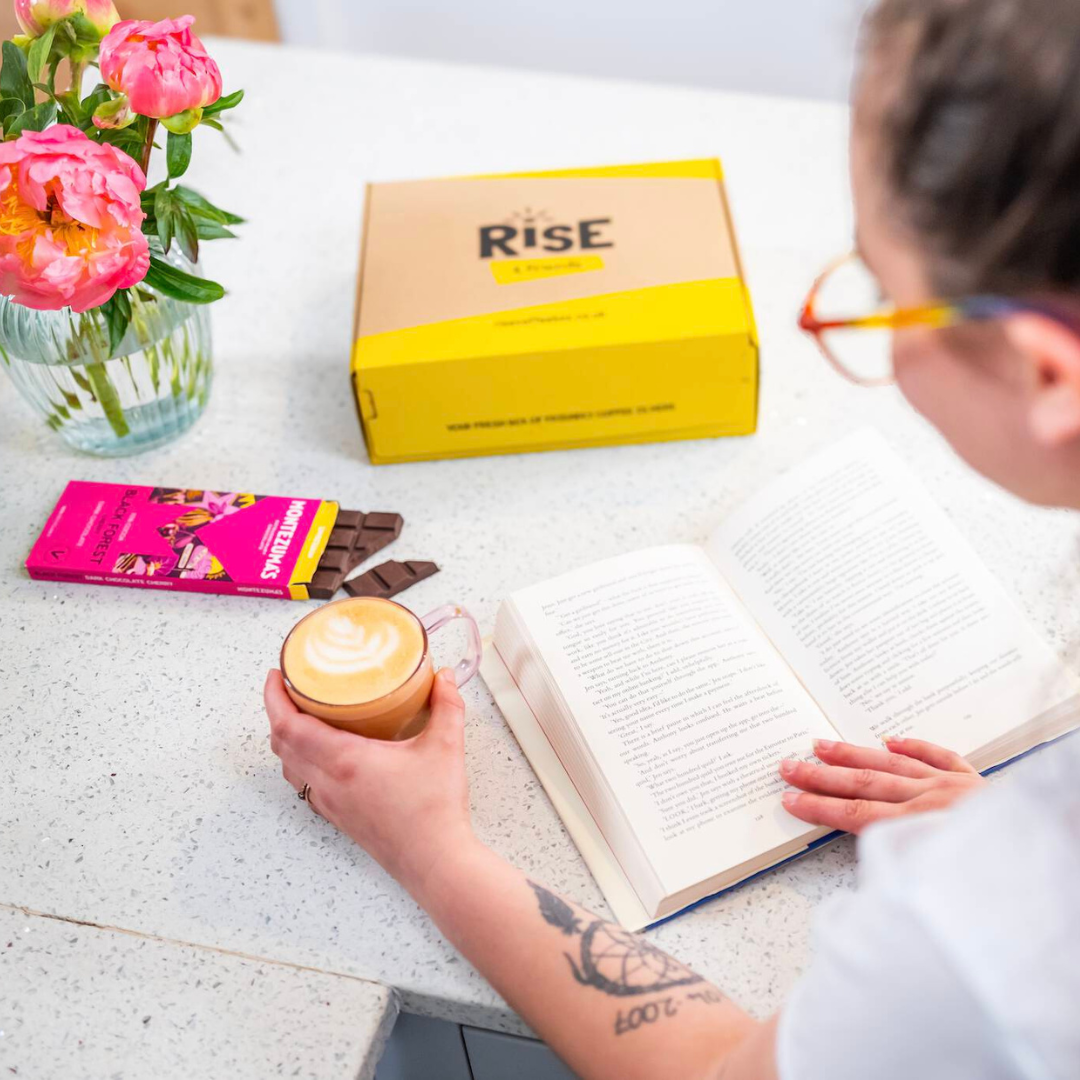









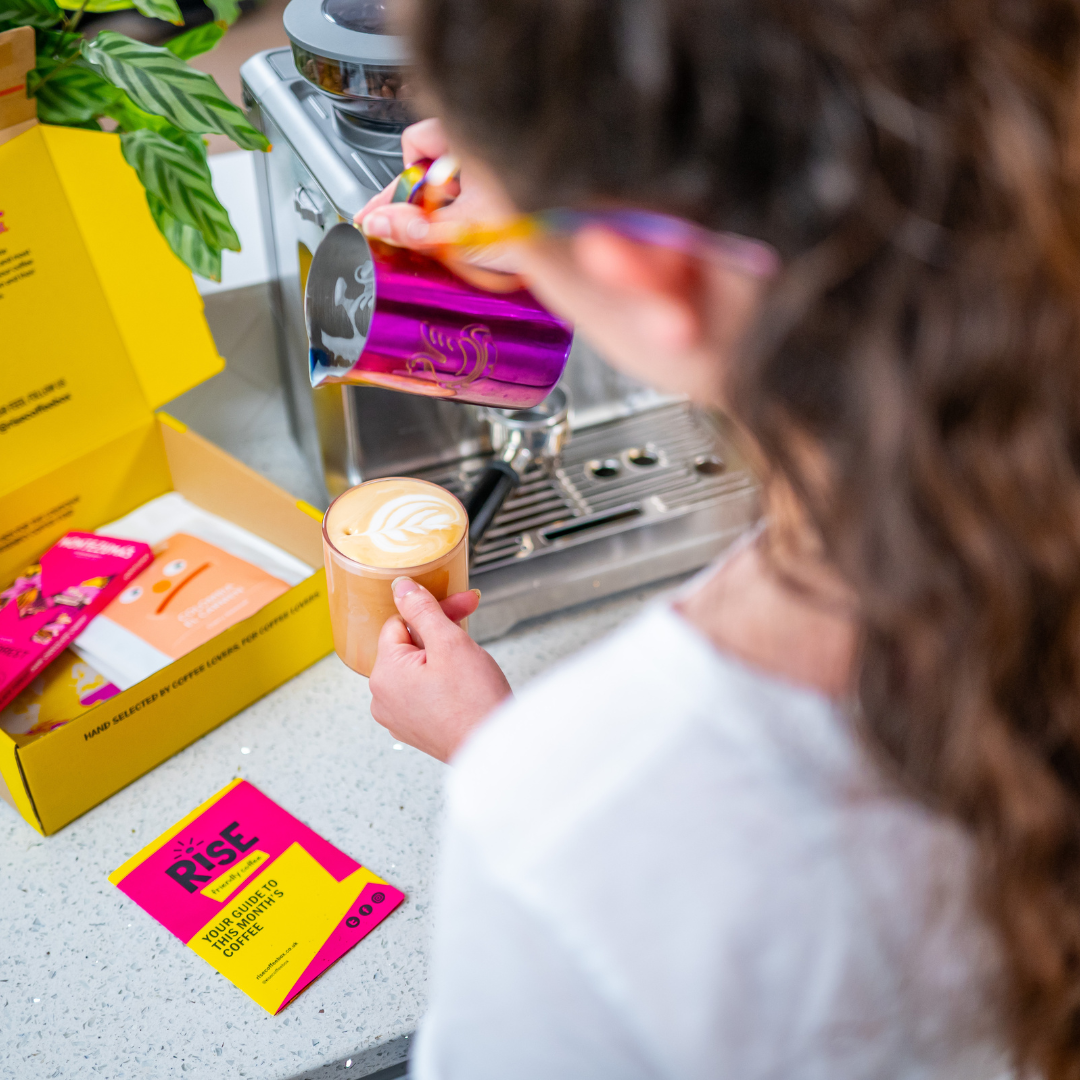
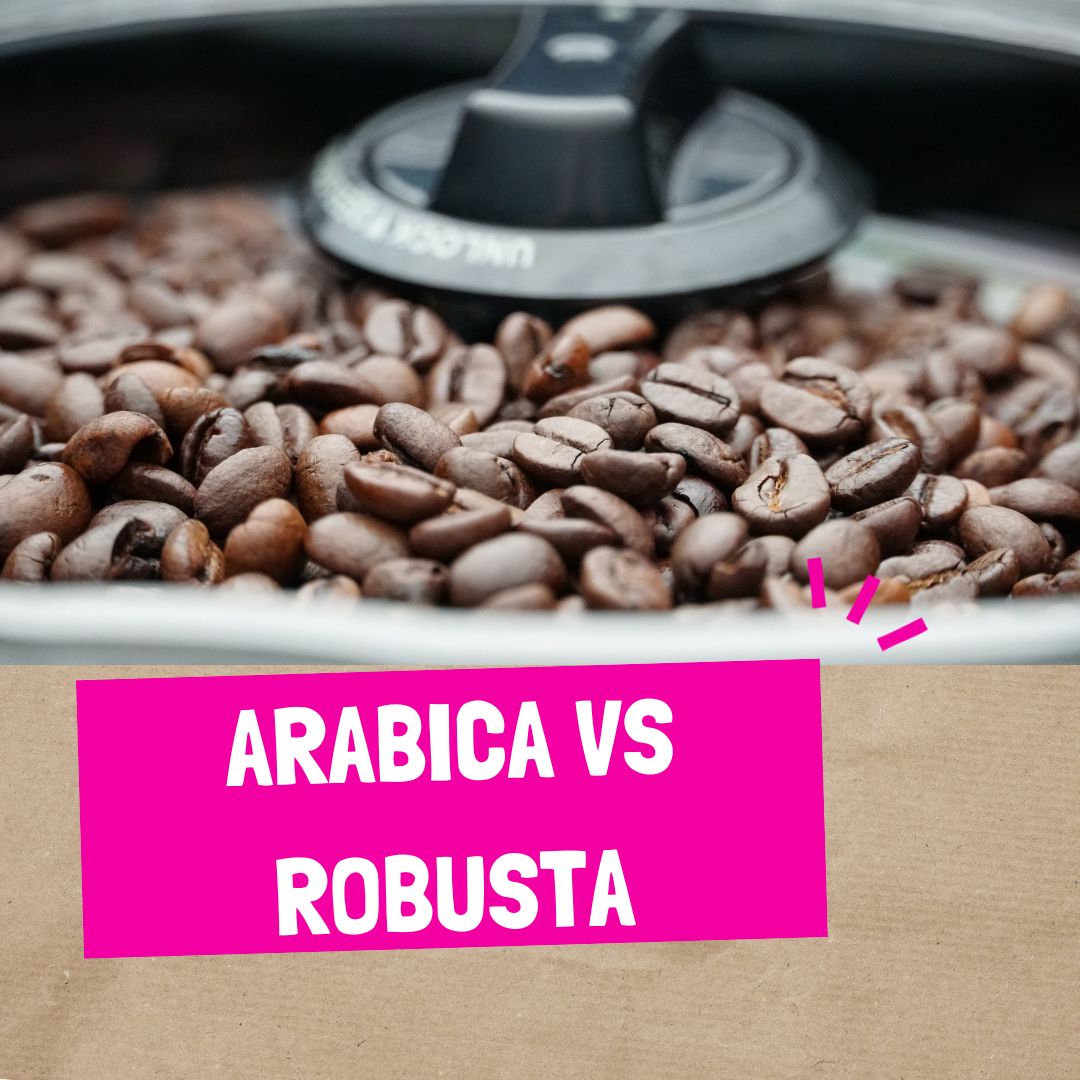


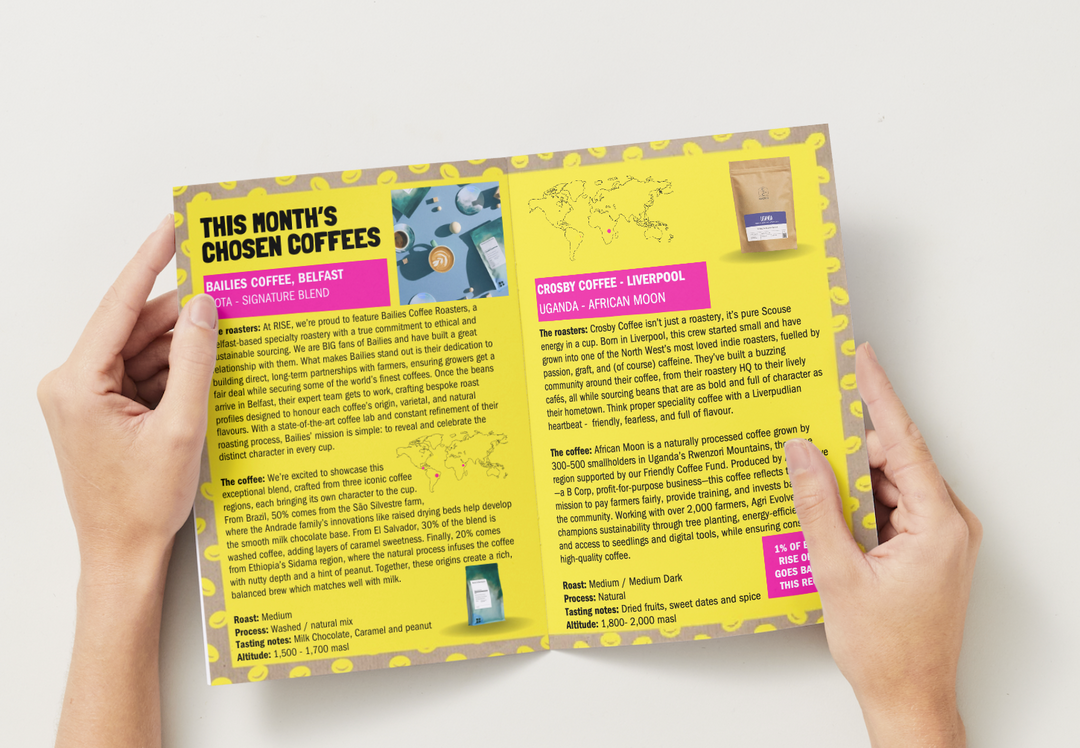





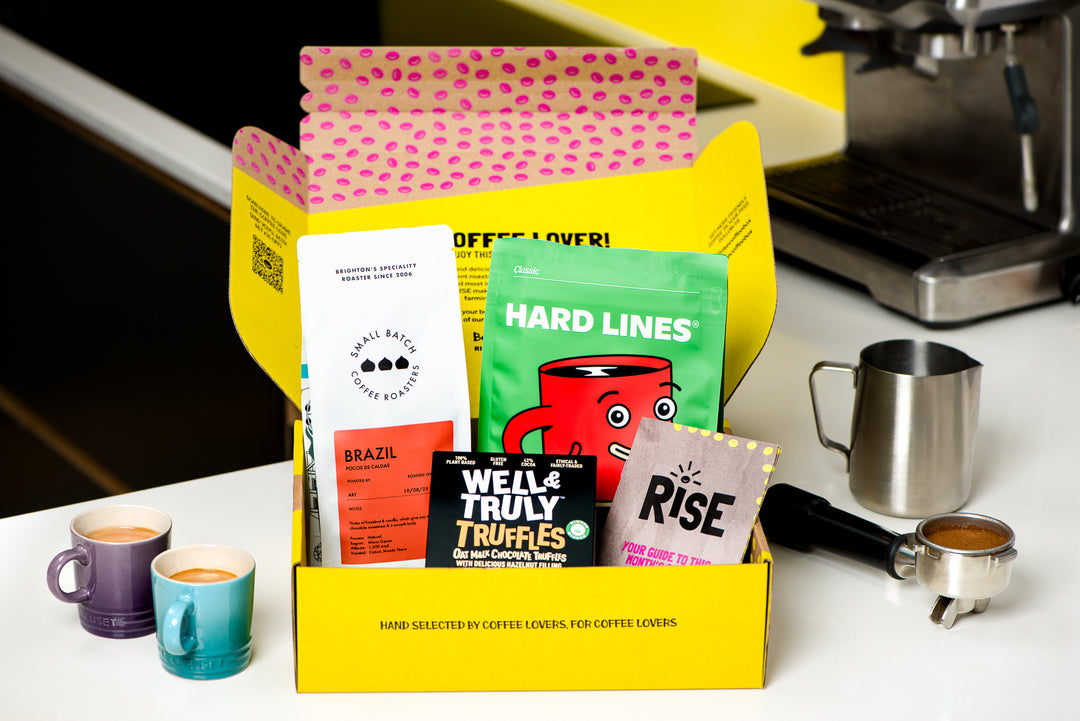


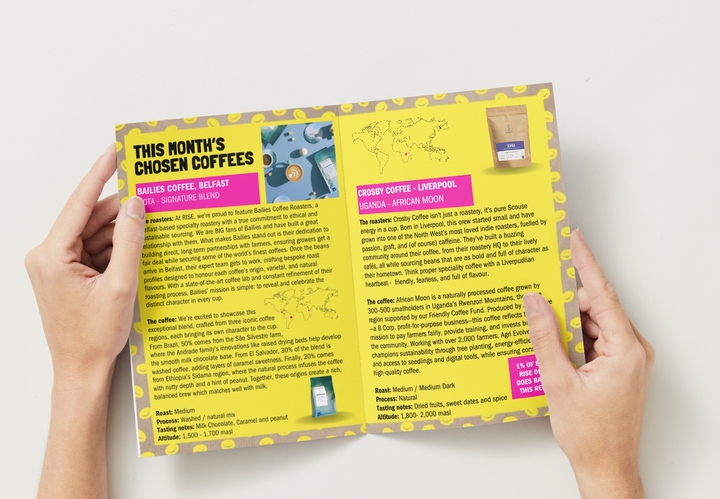





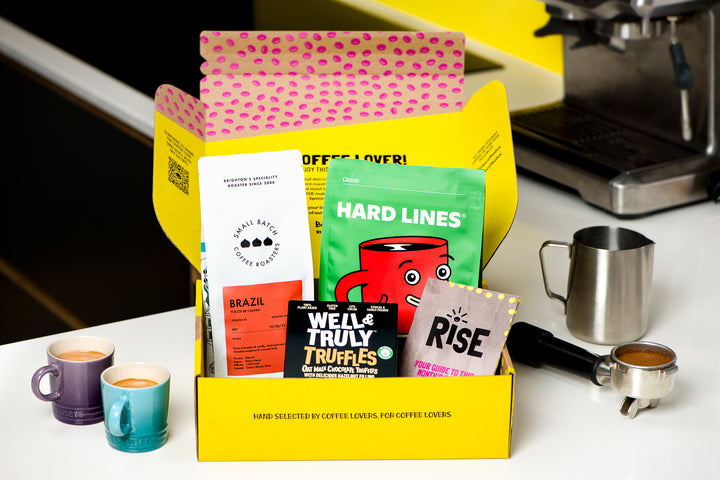
Leave a comment